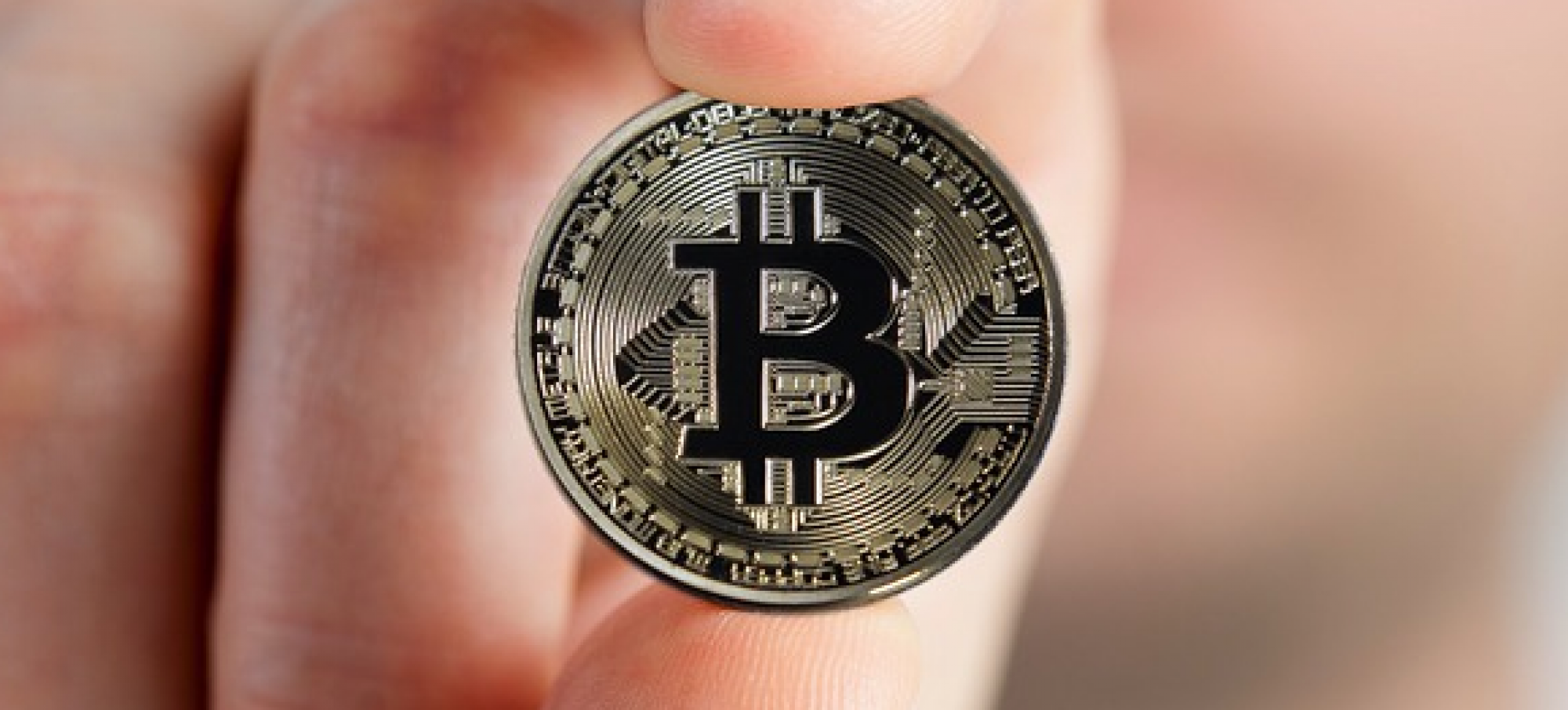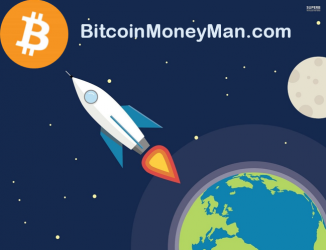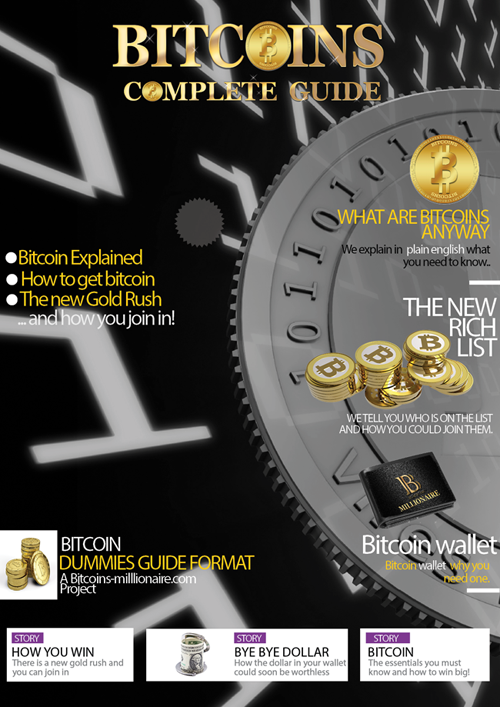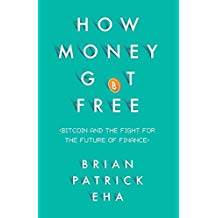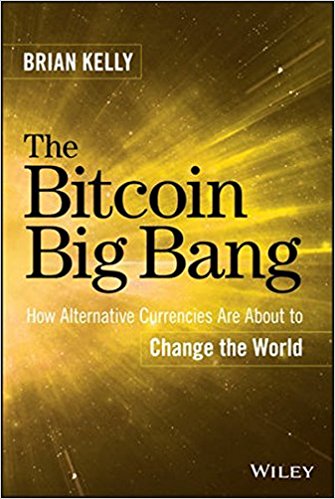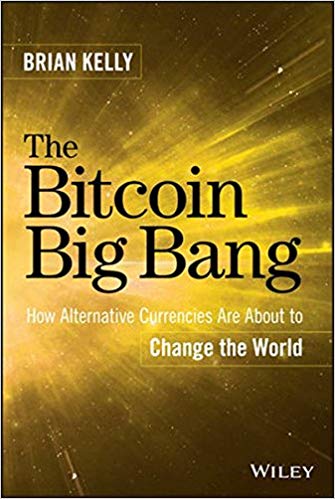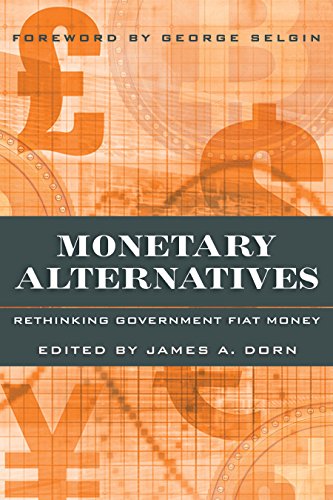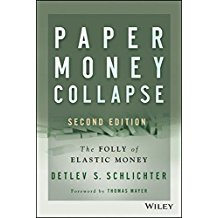By Alan Chenkin – Was mining Bitcoin back in the Gold rush days of 2011
When you get close to fully mining the entire 21 million bitcoins that can be mined, what do you do with all that mining equipment, optimized by being in areas where cooling and low cost power is available?
The answer is simple – Initial Coin Offerings! Each coin requires:
· Its own blockchain
· People and groups mining, and using existing equipment and computers, etc., to mine the ICO
· Getting listed on exchanges, so people can buy the new coin with Bitcoin, crypto, and fiat currency
· Technology based on Satoshi’s work (essentially a Bitcoin clone, with some bells and whistles)
· Claims of additional utility and security, with white papers and some “reason for existing”
· Coins to be “Pre-Mined” (sold at a discount, to finance operations), sometimes as much as 50-60% BEFORE the coin is released
· And a ton of Hype (Have I told you about my new Chenkin Coin – it’s using the Blockchain to cure hunger, banish diseases and create world peace – GET IN ON IT NOW! – NOT.)
· FOMO. Fear of Missing out – for all the people who did not buy Bitcoin very low, “and want to get in on the ground floor” in the new coins ICO
This is not a small or capricious undertaking. According to Morning Brew, a daily news feed,
- ICOs have raised $1.7 billion so far this year, on track to pass last year’s $6.5 billion.
- An MIT report estimates that up to $317 million from ICOs has gone to scams.
- Hedge funds and private investors receive special treatment to buy tokens at discounted rates. Some immediately flip them for large profits.
This is big business. At this writing, activity in Crypto-mining is way up. Hedge Funds are in it big time (and those guys are all about making big money).
Here is the point that caught my eye, $317 Million (approx 20%) HAS GONE TO SCAMS.
Don’t get me wrong, I am a big fan of Bitcoin and Cryptocurrency in general, but bad actors are making a killing here – and pumping out legitimate seeming coins for only one purpose – pump and dump.
For me, a 20% chance that I will lose my money is a big risk. The landscape is littered with coins that tried, and couldn’t match the success of bitcoin, Litecoin, Ethereum, etc. So I watch the ICO show – filling my inbox and littering the chat boards with claims of being the next best thing, and keep my damn hands off the buy button!
Big money is in this, and I am tempted, but I am not an insider in these coins, so I treat it like stock tips. If someone is telling ME about a hot investment, it’s usually not a good tip.


ICO Tutorial: 3 to 1 guide of how to create your own ICO – Initial Coin Offering, evaluate companies who offer ICO, trade and store them
Invest with your head, don’t bet more than you can afford to lose in new ICO’s, and have fun. A few hundred dollars invested in my Chenkin Coin can give you months of excitement before I cash out and it’s value drops to zero. You can buy it on the worldwide Crypto exchange (designed for suckers, er, “Savvy Investors”),
I hope you, like me, will enjoy the show, and invest in ICO’s with spare change and a well-earned skepticism, as the hedge funds and Winklevii work the room. And it’s a big room!
Thanks for reading, and may your crypto investment give you enjoyment as it goes – wait for it – TO THE MOON!
More Reading:
